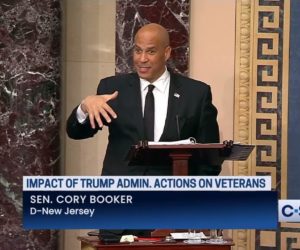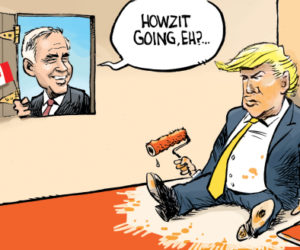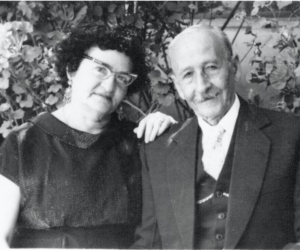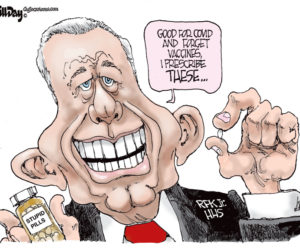 Since the White House went on its big offensive, suggesting those who oppose the war in Iraq or have serious questions about how the administration has handled it are undercutting the troops and fellow travelers of terrorists, the operative questions have been:
Since the White House went on its big offensive, suggesting those who oppose the war in Iraq or have serious questions about how the administration has handled it are undercutting the troops and fellow travelers of terrorists, the operative questions have been:
What will HILLARY say? Will she come out for immediate withdrawal? Will she insist that will have bad consequences? Was former President Bill Clinton’s recent criticism of the war a feeler to preface a new position by Hillary Clinton, perhaps not one as dramatic as John Murtha’s break with the administration…but would she position herself a bit more to the Democratic left? Or would she stick with the Democratic center (which people on the Democratic left call the right…are you getting all this?)?
The answers: Hillary Clinton is “staying the course” with her belief that a quick pullout could be dangerous:
RYE BROOK, N.Y. – Sen.Hillary Rodham Clinton said Monday that an immediate U.S. withdrawal from Iraq would be “a big mistake.
The New York Democrat said she respects Rep. Jack Murtha, D-Pa., the Vietnam veteran and hawkish ex-Marine who last week called for an immediate troop pullout. But she added: “I think that would cause more problems for us in America.”
“It will matter to us if Iraq totally collapses into civil war, if it becomes a failed state the way Afghanistan was, where terrorists are free to basically set up camp and launch attacks against us,” she said.
So she is respectfully differing with Murtha. MORE:
At the same time, Clinton said the Bush administration’s pledge to stay in Iraq “until the job is done” amounts to giving the Iraqis “an open-ended invitation not to take care of themselves.”
So she also differs with Bushies.
You can look at this several ways: (1)It’s classic Dick Morris style “triangulation” (for those who believe she’s constantly scheming). (2)It is an argument that a quick pullout would have serious consequences but the Bush administration’s preference for what would be, in effect, an open ended long war would have serious consequence’s, too.
Her position will enrage many on the Democratic left but it would, in fact, appeal to some centrist voters — so if she is trying to position herself as a centrist alternative to the other candidate who are likely to run in the Democratic primary, its a smart political move. AND:
Clinton, who is running for re-election to the Senate and is seen as a likely presidential candidate in 2008, suggested that the United States wait for Iraq’s Dec. 15 elections for an indication about how soon the Iraqis can take over.
“Until they vote for a government, I don’t know that we will have adequate information about how prepared they are,” she said.
SUBTEXT AGAIN: Let’s get more information and look at it coolly. AND:
She blamed the problems facing the United States in Iraq on “poor decision-making by the administration,” but added: “My view is we have to work together to fix these problems.”
All of this means she will be The Enemy to not only Republicans, but some in the Democratic party. A key question is whether this position will hold if polls begin to show further major erosion in support for the war and the Bush administration position. But then she can argue that she got the new information she held off to see and decided the time had come to get out of Iraq.
Stripping away the actual question of the war in Iraq itself, in strictly political terms, you have to look at the way she has positioned her and say: she has kept her options open and not painted herself into a corner. Adept positioning. Will it last? Or will she be overtaken by events outside and inside her own party?
UPDATE: Read Bull Moose’s take on the debate over the war, those who want immediate withdrawal, those who don’t — and what should be done next.
SOME OTHER COMMENTING ON THIS STORY INCLUDE: Balloon Juice, Mark Kilmer, Anybody But Hillary, Mandelinople, Martini Republic, The Changing Face of America
Joe Gandelman is a former fulltime journalist who freelanced in India, Spain, Bangladesh and Cypress writing for publications such as the Christian Science Monitor and Newsweek. He also did radio reports from Madrid for NPR’s All Things Considered. He has worked on two U.S. newspapers and quit the news biz in 1990 to go into entertainment. He also has written for The Week and several online publications, did a column for Cagle Cartoons Syndicate and has appeared on CNN.
















